No products in the cart.
Agave Americana Marginata
65.0 AED – 90.0 AED
Botanical name:- Century Plant – Agave Americana Marginata.
| Scientific name | Agave americana |
| Common name | Agave |
| Temperature requirement | 25-35 °C |
| Humidity | 40-50% |
| Light | Bright full sun |
| Watering | water everyday &keep moist |
| Pests | snout weevil |
| Pet friendliness | Toxic to pets and humans |
| Maximum plant height | 90-180 cm |
| Potting mix | potting soil/Red soil/manure/perlite |
| Pot requirement | Good drainage&repot every 1-2 years |
| Nutrition | Apply Manure for first 15 days and NPK for next 15 days |
| Pruning&training | Remove dead & diseased leaves with sterile shears |
| Flower colour&season | |
| Description | Known as the Century Plant, this is the most popular of agave species, which are native to the southwestern United States, Mexico and northern South America. It forms freely suckering rosettes of about 25 bluish-green, fleshy leaves up to 1.2 metres long and 20 cm wide. The lanceolate leaves have strong, hooked, dark spines on their edges and sharp tips, which may injure unwary passers by. A position at a distance from foot trafficked areas is essential. It is best suited to a rock garden, where it tolerates poor and saline soils, drought and heat. When grown in a pot, A. americana requires good drainage. The tall bloom stalks with flowers reach a total height of 6 metres, or sometimes even 13 metres. It does not take a century for the plant to grow, flower and die, but it is an astonishing event anyway. The stalks, which resemble asparagus, may grow up to 30 cm a day and then branch into cushions of yellowish flowers. Bulbils or baby plants, produced on the flower’s stalk, can be used for propagation, as can offsets and seeds. At this stage, extra watering is beneficial. The flower stalk can be roasted and eaten. A. americana usually flowers when ten or more years old, after which the plant dies: the dramatic dry bloom stalk is sometimes left as an attraction. Agaves are very easy to grow in gulf regions; they have bold, sculptural forms, and are a strong accent in parks and gardens. They require only low maintenance such as tidying up dead leaves or pruning unwanted offsets. They are sometimes attacked by the agave weevil. |
Additional information
| Choose Height | 30cm-40cm, 50cm-60cm |
|---|

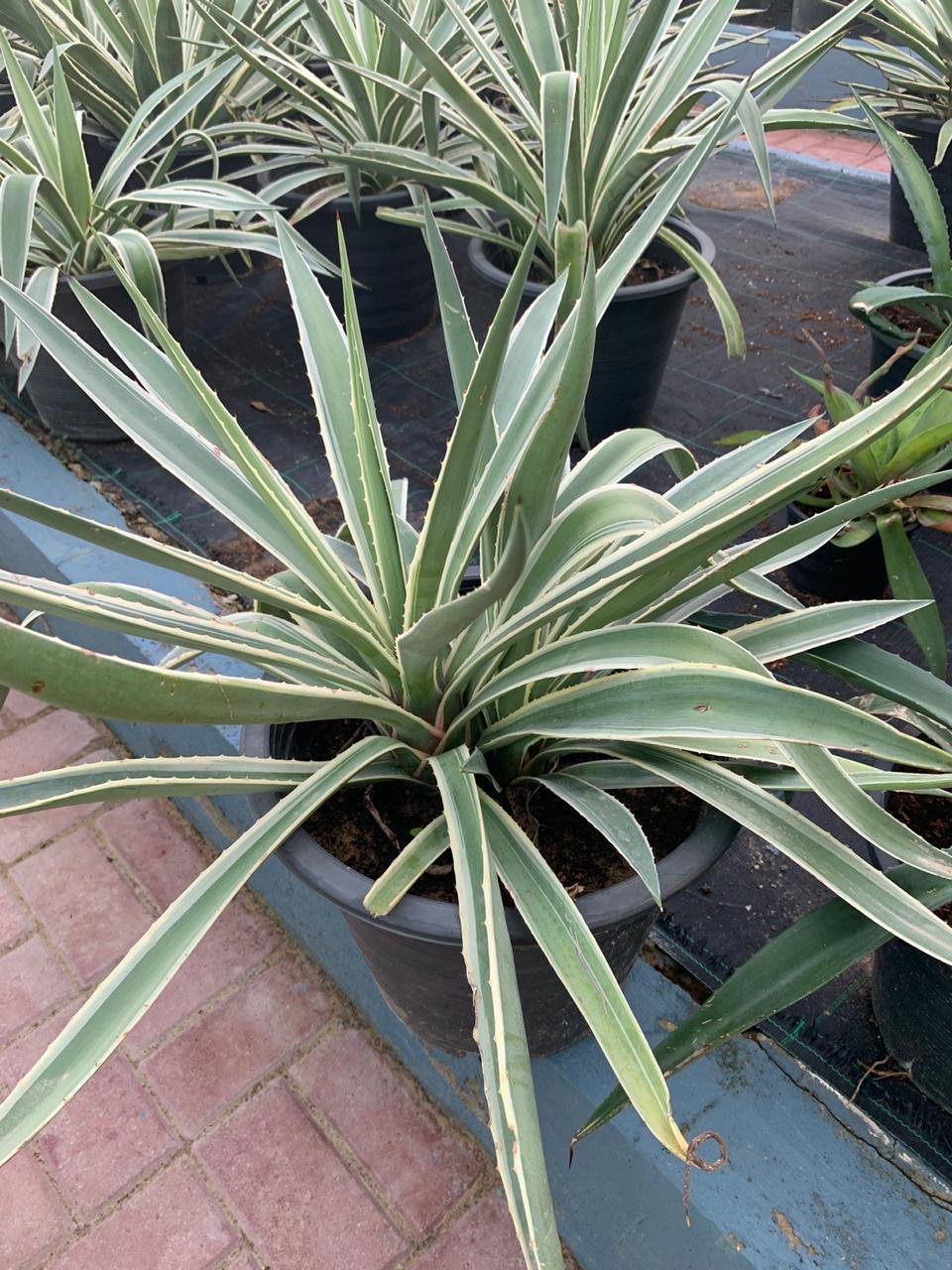


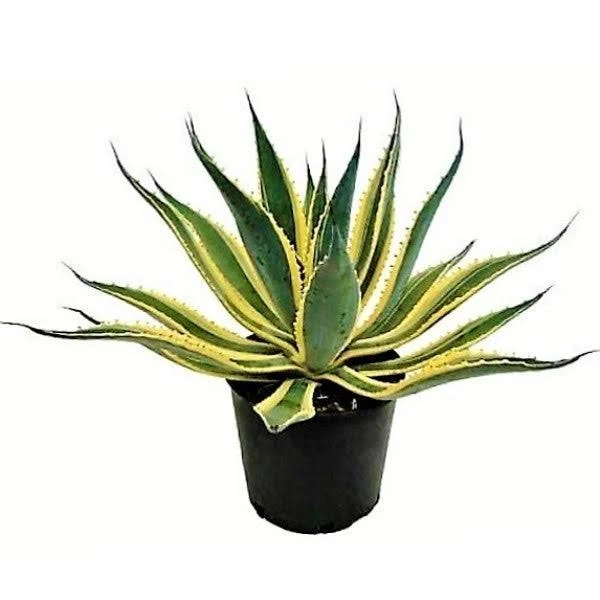
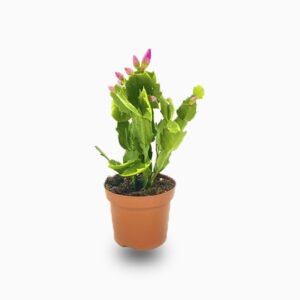
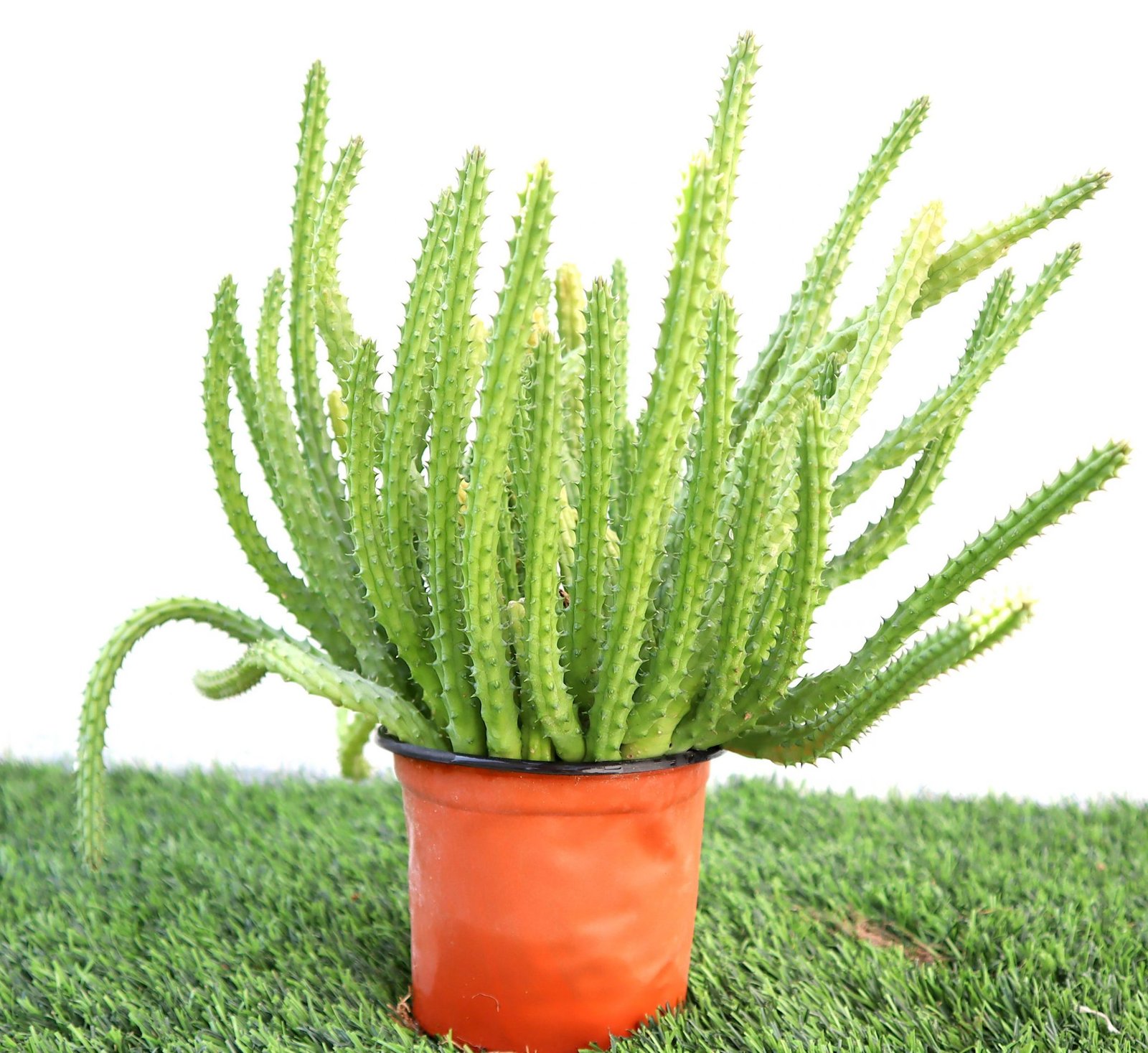
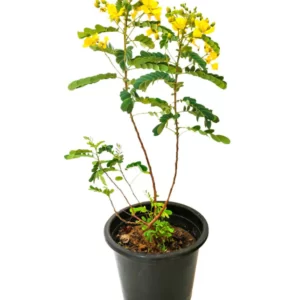
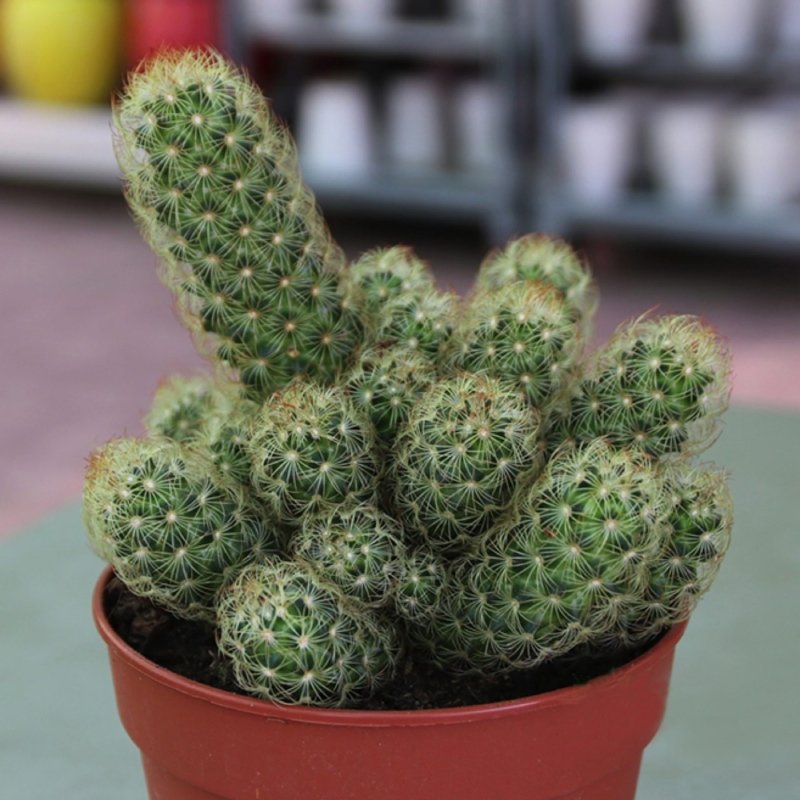
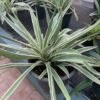
Reviews
There are no reviews yet.